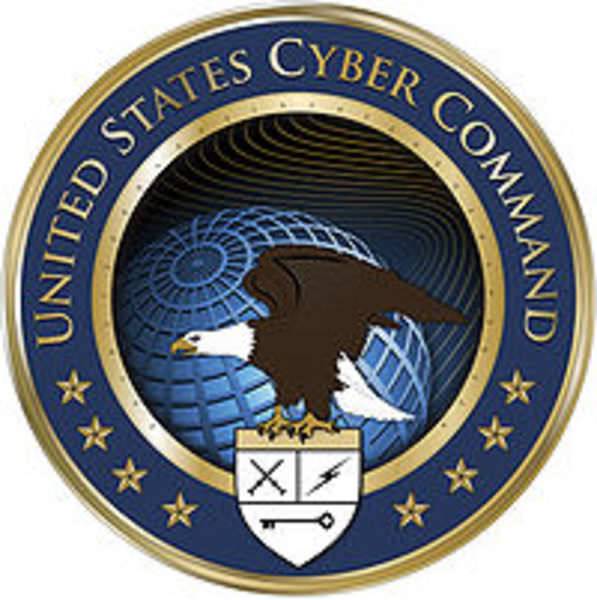Cyberattacks are part of the defense landscape and have been for a while. Among the more high-profile instances in the last year are the Stuxnet attack by the U.S. and Israel on Iranian nuclear facilities, the attacks by the Chinese government on Google and even a hack of a Pentagon project.

Now, the Wall Street Journal says a soon-to-be-released Pentagon policy document will announce officially that a cyberattack can be a jus ad bellum, or act of war.
In addition to the Pentagon’s Joint Strike Fighter project being compromised, a main military supplier, Lockheed Martin, was hacked earlier this month. The military felt that an ad hoc response was no longer adequate, hence, this official policy was drafted.

The finding of a cyberattack as an act of war is one that “for the first time opens the door for the U.S. to respond using traditional military force.”
“If you shut down our power grid,” one unnamed military official told the Journal, “maybe we will put a missile down one of your smokestacks.”
That’s not just chest-beating. The notion of “equivalency” is based on the internationally-accepted Laws of War (formed from such agreements as the Geneva Conventions). This equivalency seem to be integral to the U.S. military’s new official approach to cyber-threats.
However, retribution will depend on how closely the attack or the tools used to make it can be traced to a government entity. That will be the element of the report critics will probably focus on the most. What mechanisms will the military put in place to make legitimate determinations of blame?
The Pentagon will release the 12 unclassified pages of the 30-page document next month.
Other sources: PopSci





















